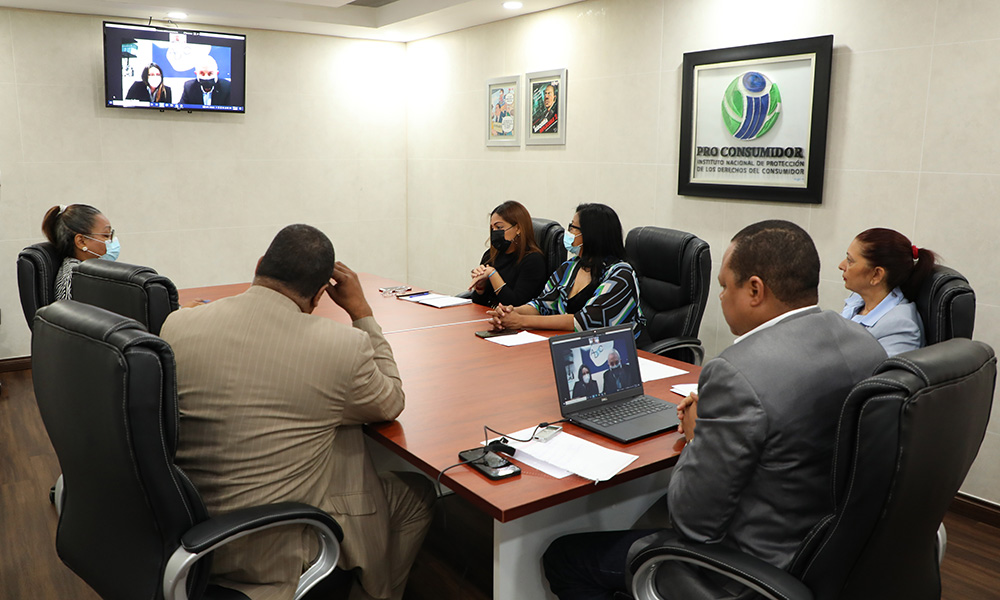The Supreme Court of Justice is considering 40 files of criminals who gave a false name at the time of being arrested and taken to the judge, after reaching an agreement in an abbreviated process with the Prosecutor’s Office, informed The Observer the President of the Court, John Pérez.
As he explained, when the judge orders that the person be registered in the ITF, it turns out that he was not who he said he was and a review process has to be carried out – only the Court has jurisdiction – to annul the sentence that was final but with a name. fake. That process is initiated by the Prosecutor’s Office, and it takes months. As a consequence, the agreement made with the condemned person falls.
As the weekly Search reported weeks ago, in general, the appeal is accompanied by a report from the National Directorate of Scientific Police of the Ministry of the Interior that confirms that the convicted person had no participation in the events. The Court has to summon the offender and also the person wrongly convicted. If the reported address is false or unknown, it is summoned by edict (with a publication in the official gazette) and a period of between 60 and 90 days is awaited, depending on whether the person is in Uruguay or abroad. After that period and if there are no relevant objections, the Court annuls the sentence. Then the prosecution and the court have to start a new process.
Camilo dos Santos
Prosecutors must initiate a review process before the Supreme Court of Justice to annul the erroneous convictions
When the president of the Court was consulted on why this is happening, he said that “it is a matter for the Prosecutor’s Office.” “Before reaching the agreement they would have to check the fingerprints. You see what happens with people who don’t have documentation or have false documentation because today everything is in the system. We are one of the few countries that have all the fingerprints of all people. I do not know why the fingerprints are not taken before, and it would be known who it is, “said the magistrate.
These are generally people who are not confined.
In this regard, Court prosecutor Juan Gómez told El Observador that the issue worries him and that a solution should be found so that this does not happen. He added that he had an informal talk about the matter with police authorities and they explained that equipment should be purchased to avoid this situation, which implies costs, or transfer the suspect to Científica to take his fingerprint.
The problem is that the abbreviated processes are developed in less than 48 hours, which is the legal term that the prosecutor has to convict a detainee, if he gathered the evidence. Otherwise he must set him free.
The limits of the right to lie
Along with the procedural problem that this situation represents, a debate arises about whether it is a crime to lie to the Justice about one’s own identity.
Prosecutor Gómez explained that when he was a Maldonado prosecutor, he applied a 1929 law and considered it to be a crime, but now the Criminal Procedure Code admits that the criminal lies to Justice in his defense, for which he suffers a debate on the matter. Can he lie about everything? It is one thing to lie about what happened in order to exculpate oneself and another to lie about one’s own identity.
There are those who maintain that he can lie about what happened but not about his identity. In any case, it is up to the prosecutor to act in each case to which side the balance is tilted.
















